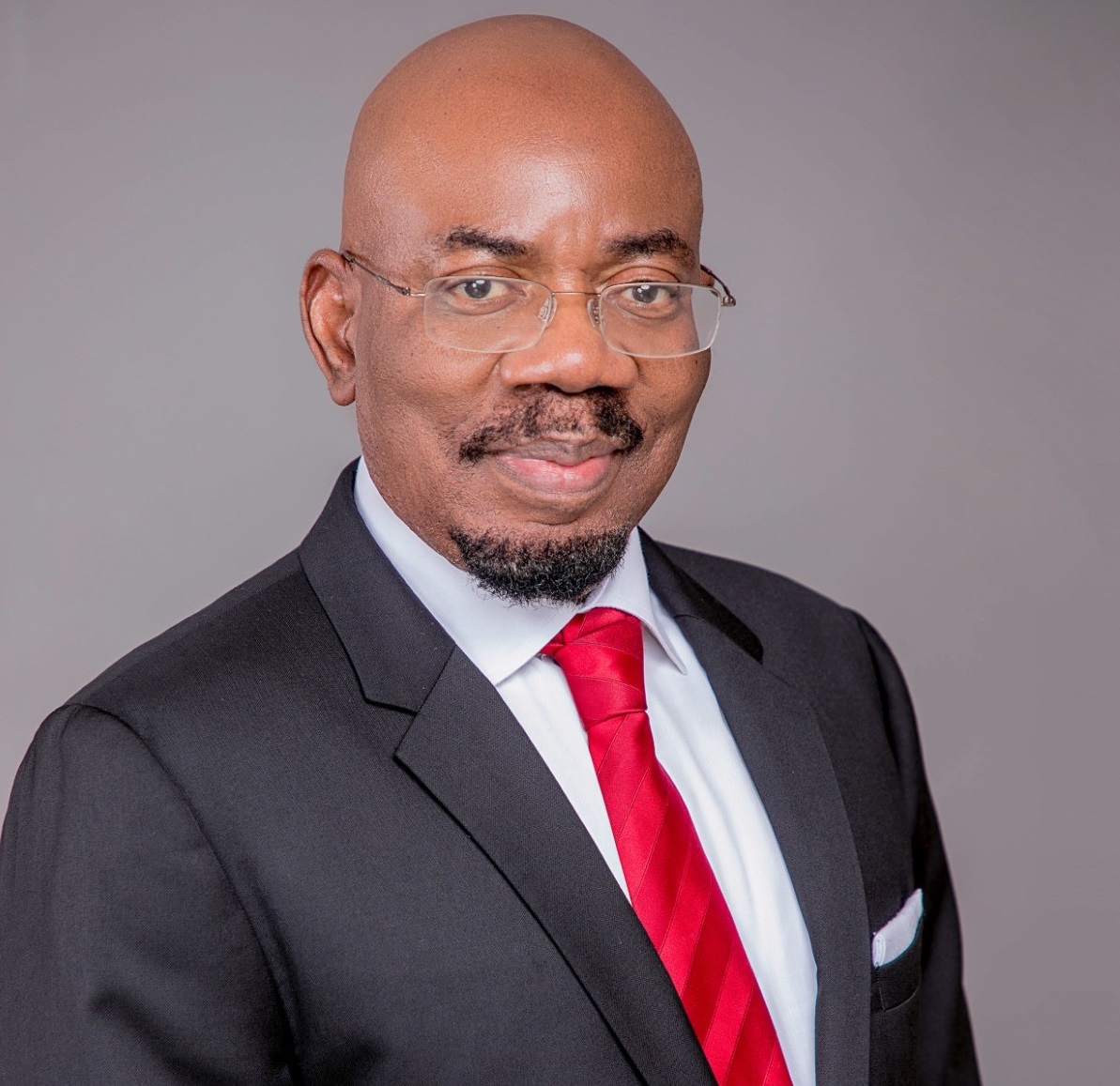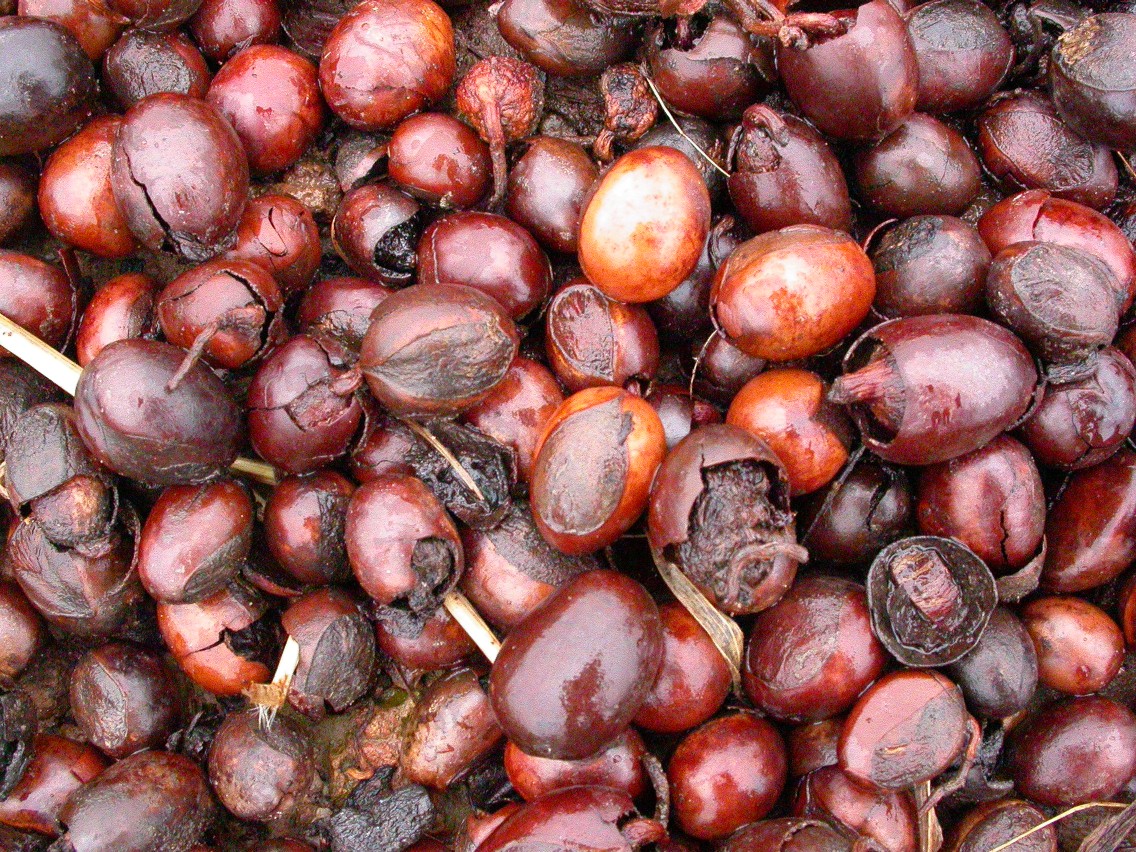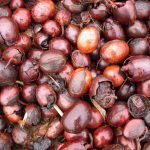Economy
Regulators Must Keep Tabs on Capital Market Dynamics—Yuguda

By Aduragbemi Omiyale
The Director-General of the Securities and Exchange Commission (SEC), Mr Lamido Yuguda, has tasked regulators in the West African region to keep pace with capital market dynamics by carrying out a regular assessment of policies and programmes to fit current realities and address the region’s peculiar challenges.
Speaking at the West African Capital Markets Conference with the theme Deepening and Strengthening the Capital Markets Across West Africa through Effective Regulation, he said the need for regular assessment necessitated the revision of the WASRA/WACMIC (West African Capital Markets Integration Council) Road Map to reflect current developments and include specific initiatives that will further improve the successful implementation of integration and other efforts.
At the event organised by the West Africa Securities Regulators Association (WASRA) and held in Accra, Ghana, Mr Yuguda said WACMaC periodically presents members with an opportunity to explore the role that financial markets should play in supporting the growth of the real sector of the respective economies and indeed the sub-region in general.
The SEC chief, who doubles as WASRA Chairman, stated that, “We are not unaware that in some member states, capital markets activities are still in their nascent stage.”
“In collaboration with ECOWAS, efforts are being made to encourage these jurisdictions to join WASRA. We intend to engage and partner with them to build capital markets that will support the growth and development of their respective countries while advancing our regional market integration efforts,” he added.
“As the region continues to expand in market size and influence, it becomes increasingly more important to focus our attention on developing world-class markets by looking at innovative ways to address critical issues such as systemic risk, market integrity, investor protection, fintechs and disruptive technologies.
“We must also be steadfast in our collective efforts to close the geographic distance between our markets through ways and means that facilitate regional integration,” the Nigerian stated further.
Mr Yuguda expressed delight at the high level of participation at the meeting emphasizing that the biennial conference is geared toward promoting robust discussions on how to harness resources and effectively optimize collective efforts towards the integration of markets in the region.
This, he stated, will no doubt lead to the realization of a key outcome, namely, an increase in capital markets’ contribution to the economic growth and development of the region.
“You will recall that at our inaugural conference in Abidjan, Cote d’Ivoire, we resolved to continually strive to create an environment that facilitates cross-border securities transactions; strengthen investor protection; build capacity; be more innovative with our processes, among others.
“To this end, we have made significant progress by adopting strategic initiatives aimed at boosting the economy, generating wealth, improving infrastructure development and growing trust and confidence as we strive for a deeper and more resilient capital market” he added.
In his address, the DG of the Securities and Exchange Commission, Ghana, Mr Daniel Ogbarmey Tetteh, said the journey to achieve an integrated capital market in the West Africa sub-region began some nine years ago with the overarching goal of creating a regional capital market that would create the platform for various issuers including corporates, governments, regional development bodies, agencies and multilateral to raise relatively cheap capital to fund regional infrastructural projects, corporate expansion and private sector development, cross-border trade and overall economic development of the sub-region.
According to him, “everyone who is participating in this conference has a sense of an appreciation of the important role capital markets play in the mobilization of long term capital in the financing mix of any economy so there is no need to preach to the choir here. The focus of this conference, and rightly so, is on how effective regulation can enable the deepening and strengthening of the capital markets in the sub-region.”
“Any weak link in the regulatory regime in an integrated market can spell doom and hence the need for a lot of effort to be channelled into developing a harmonized set of rules and regulations, the application of best practice in the regulation of securities markets and pursuit of robust cooperation to avoid regulatory arbitrage, protect investors as well as the integrity of the capital markets,” he added.
Mr Tetteh, therefore, called on all the member states of ECOWAS, to get on board as they pursue this noble path to achieve an integrated market in the sub-region.
“No one would do it for us so we owe it to ourselves to assume the responsibility. The good news is that we can do it so let’s go for it. Your very strong participation in this conference says something about commitment to the cause so there’s hope that the dream would become reality,” he stated.
Economy
Customs to Fast-Track Cargo Clearance at Lekki Deep Sea Port

By Adedapo Adesanya
The Comptroller-General of the Nigeria Customs Service (NCS), Mr Adewale Adeniyi, has unveiled a Green Channel initiative at the Lekki Deep Sea Port as part of efforts to simplify cargo clearance, reduce delays, and improve operational efficiency for port users.
The launch marks a major step in customs’ drive to enhance trade facilitation through technology and stakeholder collaboration.
Speaking at the event in Lagos, Mr Adeniyi said the initiative was introduced by the Lekki Deep Sea Port and approved by NCS management to address persistent challenges in container stacking and examination at major ports, which often slow cargo processing.
“This particular intervention helps to move containers right from the vessel into a dedicated place where customers can have access. And between the time the container moves from the vessel to this particular place, it is tracked,” he said.
The customs boss explained that the Green Channel is designed to ensure seamless cargo movement through a dedicated corridor with minimal bureaucratic obstacles, enabling faster turnaround time for importers and other stakeholders.
He described the initiative as a product of mutual trust between the agency and its stakeholders, stressing that compliance and cooperation are essential to its success.
“What we have done today is a product of the kind of trust that we have invested in our stakeholders and the confidence that we also have in them, that they would do this in the spirit of compliance and trade facilitation,” he said.
Mr Adeniyi added that beyond easing port operations, the Green Channel supports Nigeria’s broader economic objective of building a more competitive trade environment, noting that the initiative is expected to reduce the cost and time required to do business, ultimately boosting revenue generation for the service.
Economy
Jim Ovia Denies Knowledge of Wealth Bridge Investment Scheme

By Aduragbemi Omiyale
The chairman of Zenith Bank Plc, Mr Jim Ovia, has dissociated himself from a video making the rounds, purporting that he has endorsed an investment scheme put together by Wealth Bridge.
In a statement, it was emphasised that the video of the businessman is fake, as he has no link with Wealth Bridge, which urged Nigerians to invest in the business.
The management of Zenith Bank has, therefore, advised the public to disregard videos circulated through the Greece Island Facebook handle.
The promoters of the investment scheme promised prospective customers up to N2 million in weekly returns on a contribution of N380,000.
But Zenith Bank stressed that any member of the public who conducts business with the entity does so at his or her risk, as claims in the video that the investment has the backing of the Central Bank of Nigeria (CBN) are untrue.
“The video redirects unsuspecting members of the public to an alleged Arise News webpage with the details of this scheme and an embedded registration portal for signups. This claim is also entirely false and has no connection whatsoever to the bank or its group chairman.
“For the avoidance of doubt, all the videos and promotional materials referenced above are FAKE and have nothing to do with Zenith Bank Plc or Dr Jim Ovia. The Group Chairman of Zenith Bank and the bank have no knowledge of the said investment scheme and have not entered into any partnership with the companies, individuals, or platforms behind these schemes.
“The general public is hereby advised to disregard these fraudulent communications. Anyone who engages with the Greece Island handle, Wealth Bridge, delicious sitee, AfriQuantumX, Stock market analyst 1, or any other entity on the basis of these fake videos and images published by impostors does so strictly at his or her own risk,” parts of the statement read.
Economy
FG to Review Six-Month Shea Export Ban

By Adedapo Adesanya
The federal government has assured stakeholders in the shea value chain that it would review the export ban on shea nuts, citing concerns over its impact on local producers, exporters and foreign exchange (FX) earnings.
On August 26, 2025, President Bola Tinubu directed a six-month temporary ban on the export of raw shea nuts.
According to NAN, the Minister of Industry, Trade and Investment, Mrs Jumoke Oduwole, at a stakeholders’ validation session on the ban on raw shea nuts exports in Nigeria on Thursday, said the ministry would brief the president after consultations across the value chain.
The Minister, at the gathering in Abuja, said the government recognises the right of citizens to earn a living and contribute to national development, adding that all inputs from stakeholders would be carefully reviewed and consolidated.
“All inputs from stakeholders will be carefully reviewed and consolidated before a decision is made on whether the ban should be extended immediately or deferred,” the Minister said, adding that, “The ministry will provide the president with factual and balanced information to guide further action.”
Mrs Oduwole said the ministry engaged widely with stakeholders to ensure all perspectives were considered in the ongoing policy deliberations.
The ministry, she said, received formal submissions from the umbrella association and held engagement sessions attended by various industry representatives.
The minister said the submissions were reproduced and circulated at the meeting to promote transparency and shared understanding.
“Relevant departments within the ministry worked jointly on the matter, and I personally reviewed the submissions to assess our position ahead of broader consultations,” she said.
In his remarks, the Minister of Agriculture and Food Security, Mr Abubakar Kyari, said the meeting was convened to review the ban objectively, underscoring the need for verified facts and transparency.
Mr Kyari said government decisions intend to protect jobs and encourage local value addition, adding that policies should be assessed holistically based on evidence and measurable impact.
Rationalising the ban last August, the Vice President, Mr Kashim Shettima, said while Nigeria produces nearly 40 per cent of the global Shea product, it accounts for only 1 per cent of the market share of $6.5 billion.
“This is unacceptable. We are projected to earn about $300 million annually in the short term, and by 2027, there will be a 10-fold increase. This is our target,” the VP stated.
He explained that the ban was a collective decision involving the sub-nationals and the federal government with clear directions for economic transformation in the overall interest of the nation, stressing that the “government is not closing doors; we are opening opportunities.”
-

 Feature/OPED6 years ago
Feature/OPED6 years agoDavos was Different this year
-
Travel/Tourism10 years ago
Lagos Seals Western Lodge Hotel In Ikorodu
-

 Showbiz3 years ago
Showbiz3 years agoEstranged Lover Releases Videos of Empress Njamah Bathing
-

 Banking8 years ago
Banking8 years agoSort Codes of GTBank Branches in Nigeria
-

 Economy3 years ago
Economy3 years agoSubsidy Removal: CNG at N130 Per Litre Cheaper Than Petrol—IPMAN
-

 Banking3 years ago
Banking3 years agoSort Codes of UBA Branches in Nigeria
-

 Banking3 years ago
Banking3 years agoFirst Bank Announces Planned Downtime
-

 Sports3 years ago
Sports3 years agoHighest Paid Nigerian Footballer – How Much Do Nigerian Footballers Earn






















